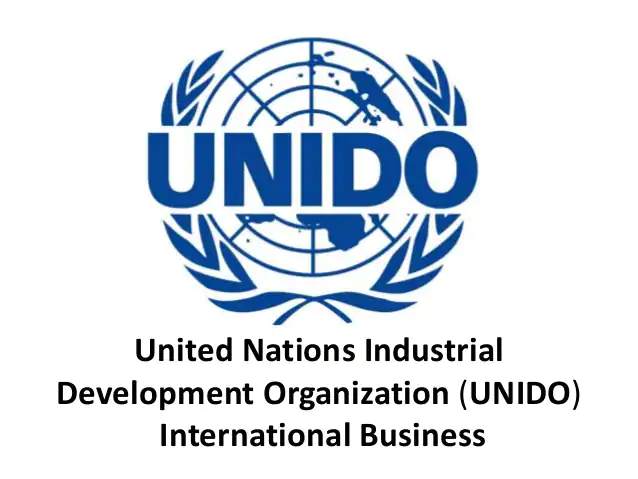The United Nations Industrial Development Organisation (UNIDO) and the Federal Government of Nigeria have partnered to control plastic pollution and boost circular economy.
The circular economy is a system where materials never become waste and nature is regenerated. In a circular economy, products and materials are kept in circulation through processes like maintenance, reuse, refurbishment, remanufacture, recycling and composting.
Speaking at a one-day seminar on plastic circular economy in Abuja, organised by the Federal Ministry of Environment (FME), UNIDO and the Embassy of Japan, UNIDO’s regional director, Mr Jean Bakole, said plastic pollution is a big problem for Nigeria and needed concerted and collaborative efforts to tackle.
The seminar, which had its theme as ‘Promoting Sustainable Plastic Value Chain Through Circular Economy Practices’, was meant to help Nigeria experience sustainable and inclusive development by ensuring sustainable plastic management.
New Fintech to drive over 50,000 businesses, merchants in Nigeria
FCT monarch tasks Koro on unity, sustaining culture
Represented by Yomi Banjo, Bakole said Nigeria, just like many countries of the world, is overwhelmed with plastic pollution, noting however, that that could be turned into an opportunity for wealth creation.
He said globally, 450 million metric tons of plastics are produced each year with a yearly generation exceeding 300 metric tons; while in Nigeria, less than 20 per cent of plastic waste is collected and a mere nine per cent is recycled.
He added that Nigeria is actively participating in negotiations for a new plastic convention which would make countries bear collective responsibility when signed and ratified.
The Embassy of Japan said the Government of Japan considers the problem of plastics very serious and is pleased to be able to implement the project in Nigeria, noting that Nigeria and Japan are far apart but connected by sea.
The embassy reiterated that when the Government of Japan hosted the 8th Tokyo International Conference on African Development (TICAD 8) in Tunisia in 2022, it was because it prioritises “the urgent need to address environmental issues such as marine pollution, including plastic waste, in order to achieve sustainable development in Africa.

 Join Daily Trust WhatsApp Community For Quick Access To News and Happenings Around You.
Join Daily Trust WhatsApp Community For Quick Access To News and Happenings Around You.


